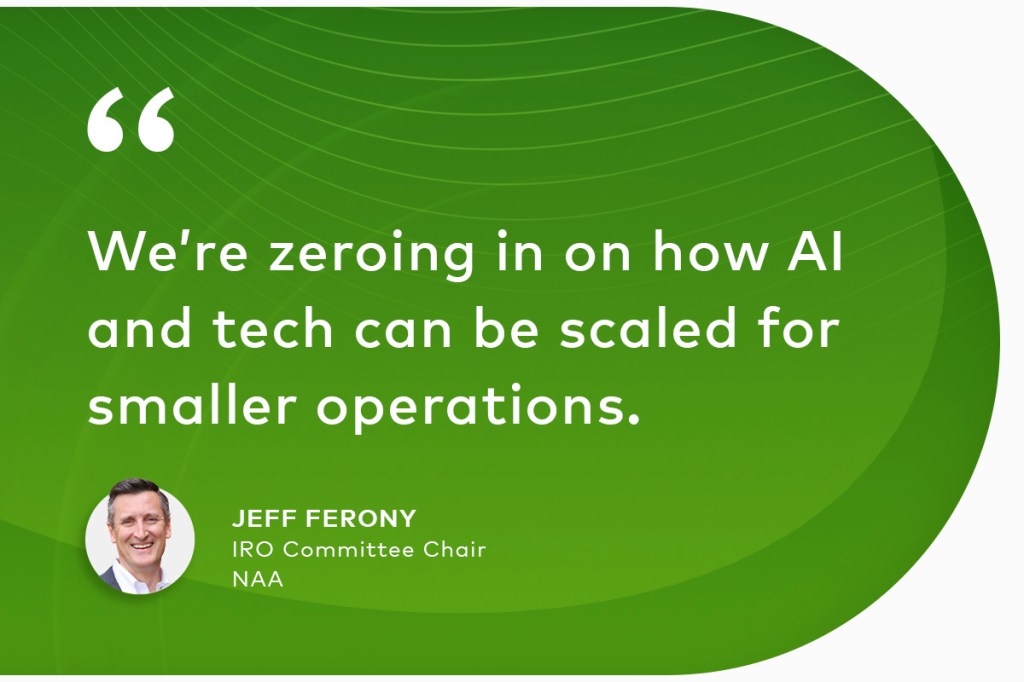
To understand where website accessibility comes from, we need to look back to when President George H.W. Bush signed the Americans With Disabilities Act (ADA) in 1990. At the time, the law applied to physical locations (e.g., equal access to parks, restaurants). Few saw the internet as a space that would have to accommodate disabilities.
Title II of the ADA deals mainly with nondiscrimination requirements. It says that people with disabilities cannot be discriminated against or denied access due to a physical, intellectual or emotional disability. You likely already know that property managers cannot turn away a prospect just because they are disabled.
Title III of the ADA prohibits discrimination on the basis of disability in “places of public accommodation.” Over time, Title III has been interpreted to include the internet. However, this interpretation is not set in stone. There are thousands of lawsuits every year over website accessibility.
As a rule of thumb, private businesses with more than 15 employees must follow ADA rules and regulations.
Alt text improves website accessibility & visibility
If you want to improve website accessibility, you might be interested to know that some best practices of web writing are part of Title III. For instance, every image on your site should contain alt text (alternative text), a short description of the image’s purpose. Alt text helps visually disabled people understand what’s on your site. They can either read the alt text or have a program read it to them.
Alt text also makes your content more likely to appear when people use search engines like Google. Therefore, using alt text in your images is good for business and website visibility.
Non-disabled people also benefit
There are many non-disabled people who enjoy features that were made for those with disabilities. For instance, closed captions are used by people who just like to read along with the dialogue or are in a noisy space. Likewise, some people want the ability to change font size and color.
Website features, such as text-to-speech and voice recognition, are commonly used on mobile devices. Text-to-speech lets people listen to content instead of reading it, and voice recognition allows for hands-free texting. The bottom line is that website accessibility makes it easier to engage with content.
Gain an edge over your competition
We mentioned that one out of four U.S. adults has a disability. If your website is easily accessible to this group, you’re more likely to attract them to your properties. It is a violation of the Fair Housing Act to deny anyone a lease because of a disability, so it’s smart to make people’s experiences on your site as accommodating as possible. Even if you run a small business with fewer than 15 employees, an accessible website creates a competitive advantage over other property sites in your region.
Accessibility is easier with Yardi Breeze
Yardi Breeze is here to help. For one, property management software makes it easier to communicate with tenants. Our software includes intuitive email features and supports texting. These features are meant to help all your tenants, not just those with disabilities.
We also recommend reading all about the Activity Feed. It’s a great tool that helps you take notes in your online portal. For example, if you’ve agreed to offer an appointment reminder or simple check-in with a disabled tenant, you can remind yourself with an Activity Feed note.



